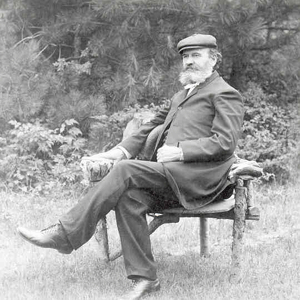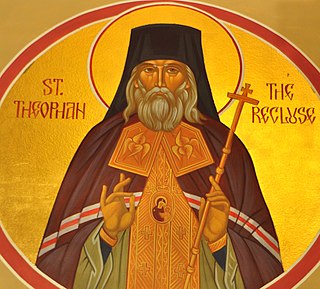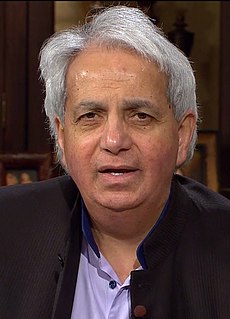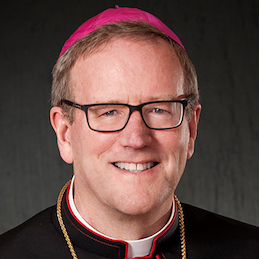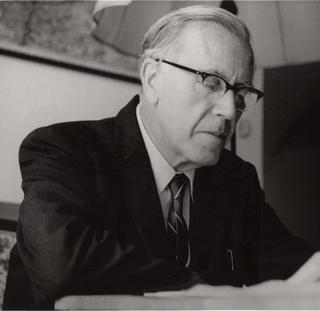A Quote by Florence Nightingale
Mysticism: to dwell on the unseen, to withdraw ourselves from the things of sense into communion with God - to endeavour to partake of the Divine nature; that is, of Holiness.
Related Quotes
Because the Christian God is not a lonely God, but rather a communion of three persons, faith leads human beings into the divine communion. One cannot, however, have a self-enclosed communion with the Triune God- a "foursome," as it were-- for the Christian God is not a private deity. Communion with this God is at once also communion with those others who have entrusted themselves in faith to the same God. Hence one and the same act of faith places a person into a new relationship both with God and with all others who stand in communion with God.
There is no need to invent an ego that is separate from the divine if our basic human nature is trusted. If we trust ourselves, we know how to avoid interfering with nature and how to live in harmony. When we know God as an unseen, loving, and accepting power at the heart of everything, allowing us to make our own choices, then God is a trusted part of our nature.
We cannot grasp the true meaning of the divine holiness by thinking of someone or something very pure and then raising the concept to the highest degree we are capable of. God's holiness is not simply the best we know infinitely bettered. We know nothing like the divine holiness. It stands apart, unique, unapproachable, incomprehensible and unattainable. The natural man is blind to it. He may fear God's power and admire His wisdom, but His holiness he cannot even imagine.
Let the children learn to see in nature an expression of the love and the wisdom of God; let the thought of Him be linked with bird and flower and tree; let all things seen become to them the interpreters of the unseen, and all the events of life be a means of divine teaching. As they learn thus to study the lessons in all created things and in all life's experiences, show that the same laws which govern the things of nature and the events of life are to control us, that they are given for our good, and that only in obedience to them can we find true happiness and success.
Wrath, unlike love, is not one of the intrinsic perfections of God. Rather, it is a function of God's holiness against sin. Where there is no sin, there is no wrath-but there will always be love in God. Where God in His holiness confronts His image-bearers in their rebellion, there must be wrath, or God is not the jealous God He claims to be, and His holiness is impugned. The price of diluting God's wrath is diminishing God's holiness.
Books of natural history aim commonly to be hasty schedules, or inventories of God's property, by some clerk. They do not in the least teach the divine view of nature, but the popular view, or rather the popular method of studying nature, and make haste to conduct the persevering pupil only into that dilemma where the professors always dwell.
I have to seek God beauty. Because isn't my internal circuitry wired to seek out something worthy of worship? . True Beauty worship, worship of Creator Beauty Himself. God is present in all moments, but I do not deify the wind in the pines, the snow falling on the hemlocks, the moon over harvested wheat. Pantheism, seeing the natural world as divine, is a very different thing than seeing divine God present in all things . Nature is not God but God revealing the weight of Himself, all His glory, through the looking glass of nature.



